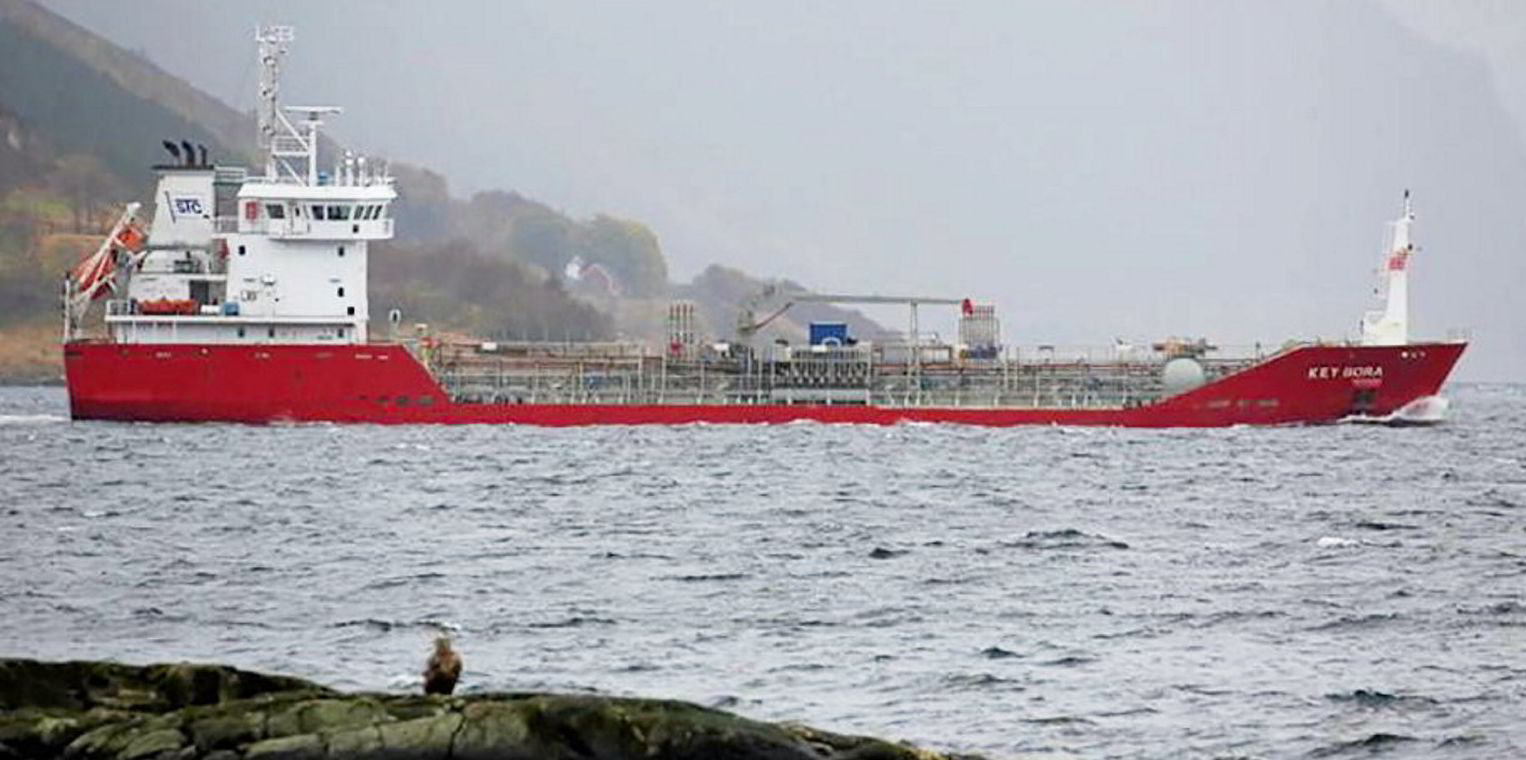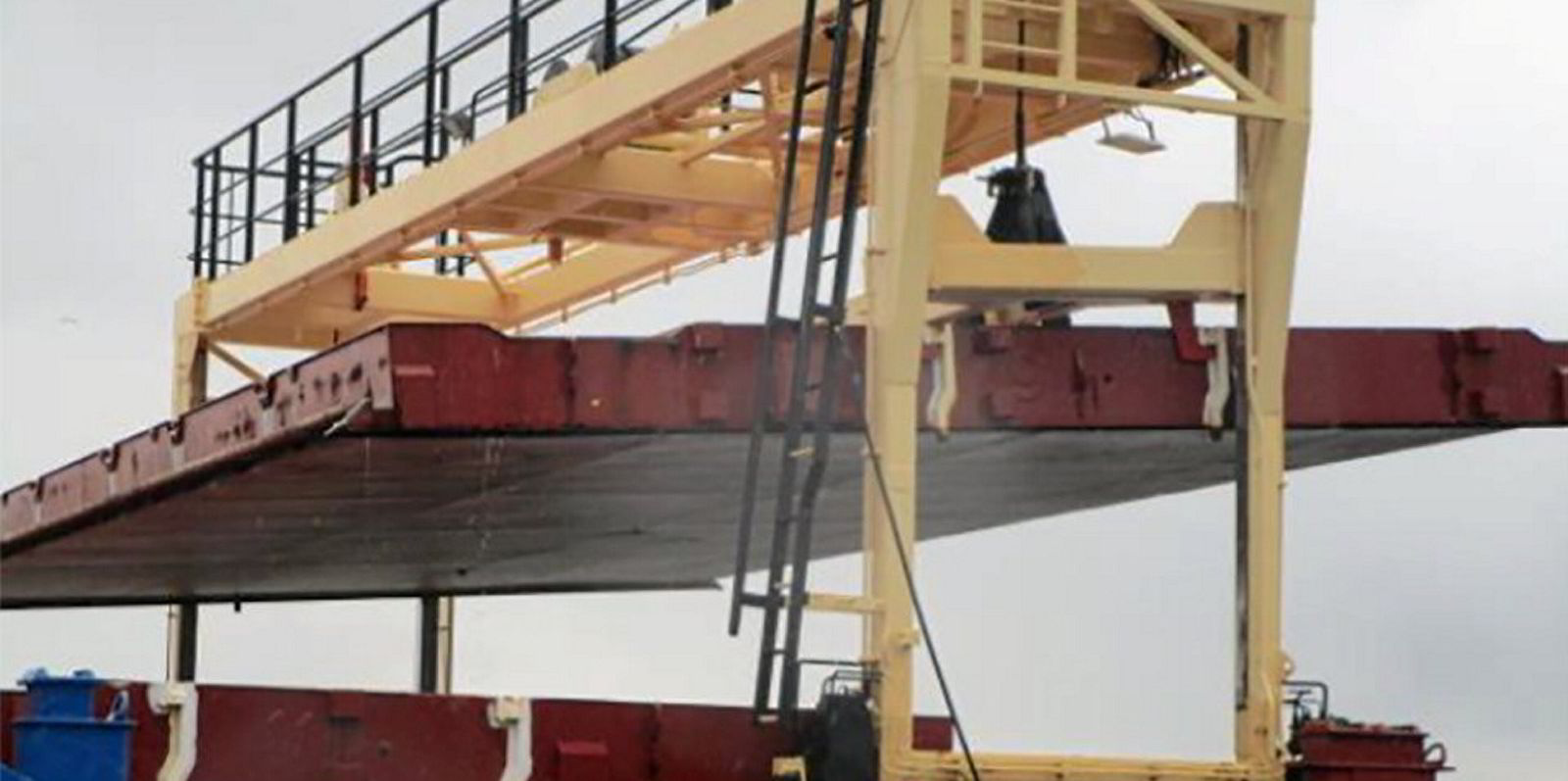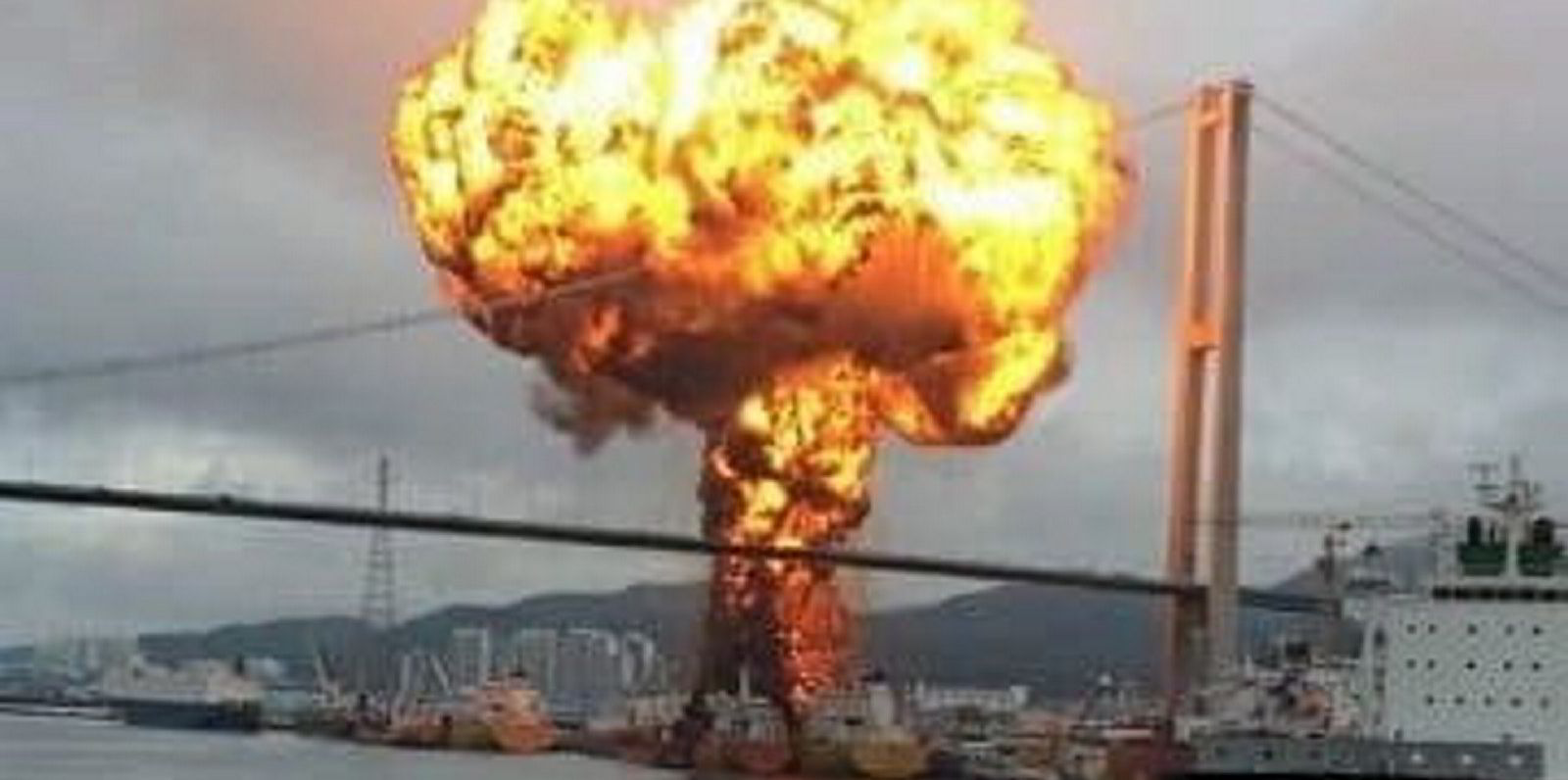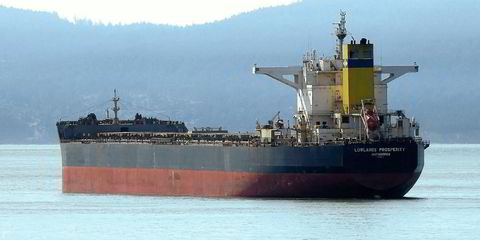A V.Group-managed tanker was holed in a grounding off western Scotland last year after crew ignored the electronic chart system that showed a big rock in the way.
An investigation by the UK's Marine Accident Investigation Branch (MAIB) found that the bridge team on the 3,500-dwt Key Bora (built 2006), owned by Key Shipping, preferred locally produced survey data that did not include the obstruction.
This was the second investigation involving the ship, following a jetty crash in 2013.
The vessel grounded and suffered flooding in ballast tanks on the afternoon of 28 March 2020 while on its final approach to the pier at fish producer Mowi's facility at Kyleakin, Isle of Skye.
The Key Bora was aground for about 12 minutes before re-floating, and then berthed under its own power. No injury or pollution was reported.
The MAIB said the grounding happened because the bridge team did not use the electronic chart display and information system (ECDIS), which showed the 4.9-metre obstruction.
The local data "appeared to the crew to be reliable and accurate, so was preferred to the ECDIS data", the report said.
This included a dredging survey that did not show the charted hazard, as well as misleading tidal stream information.
The investigation also identified safety management issues at Kyleakin, including that the Port Marine Safety Code was not fully implemented.
Data warning
"The passage plan needs to be based on the most accurate hydrographic information available; advice should be sought or the 'most dangerous' data used if there is a conflict," MAIB said.
"ECDIS safety features should be utilised to warn of danger ahead."
This was the first time the vessel and the master had arrived at this pier, and the berthing had been planned to coincide with low water, when slack tidal stream was expected.
In 2014, MAIB said the Key Bora made heavy contact with the western approach jetty at Alexandra Dock, Hull, north-eastern England, on 20 December 2013.
The bulbous bow was holed above the waterline but there was no pollution.
The vessel's controllable pitch propeller system had "a history of responding slowly to demands for astern pitch, and did not respond in time to the pilot’s order of full astern to prevent the bow striking the quay", that report said.
The pilot was aware of the vessel's poor astern response, it added, but did not test the engine before manoeuvring.
V.Group has been contacted for comment.






